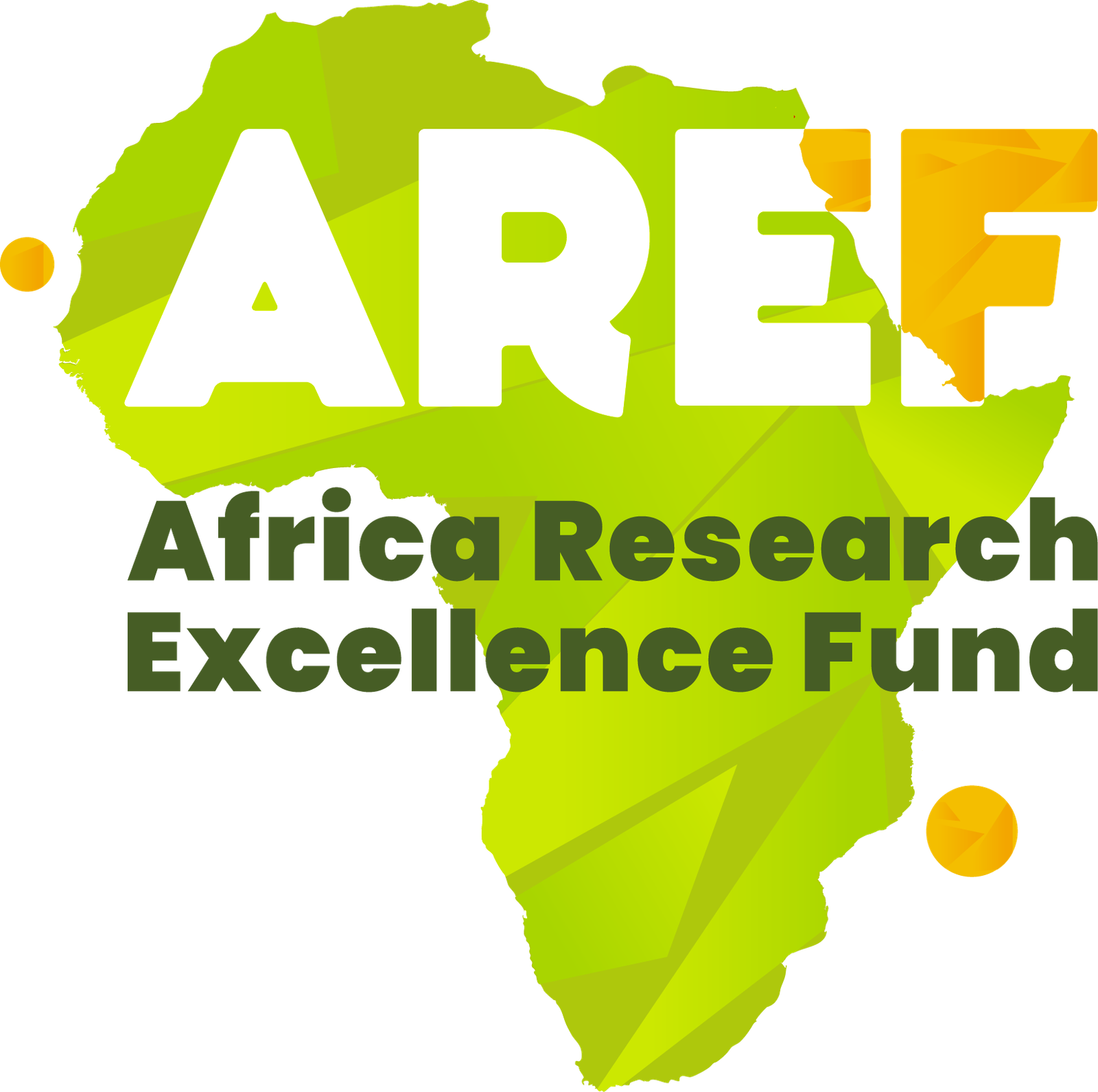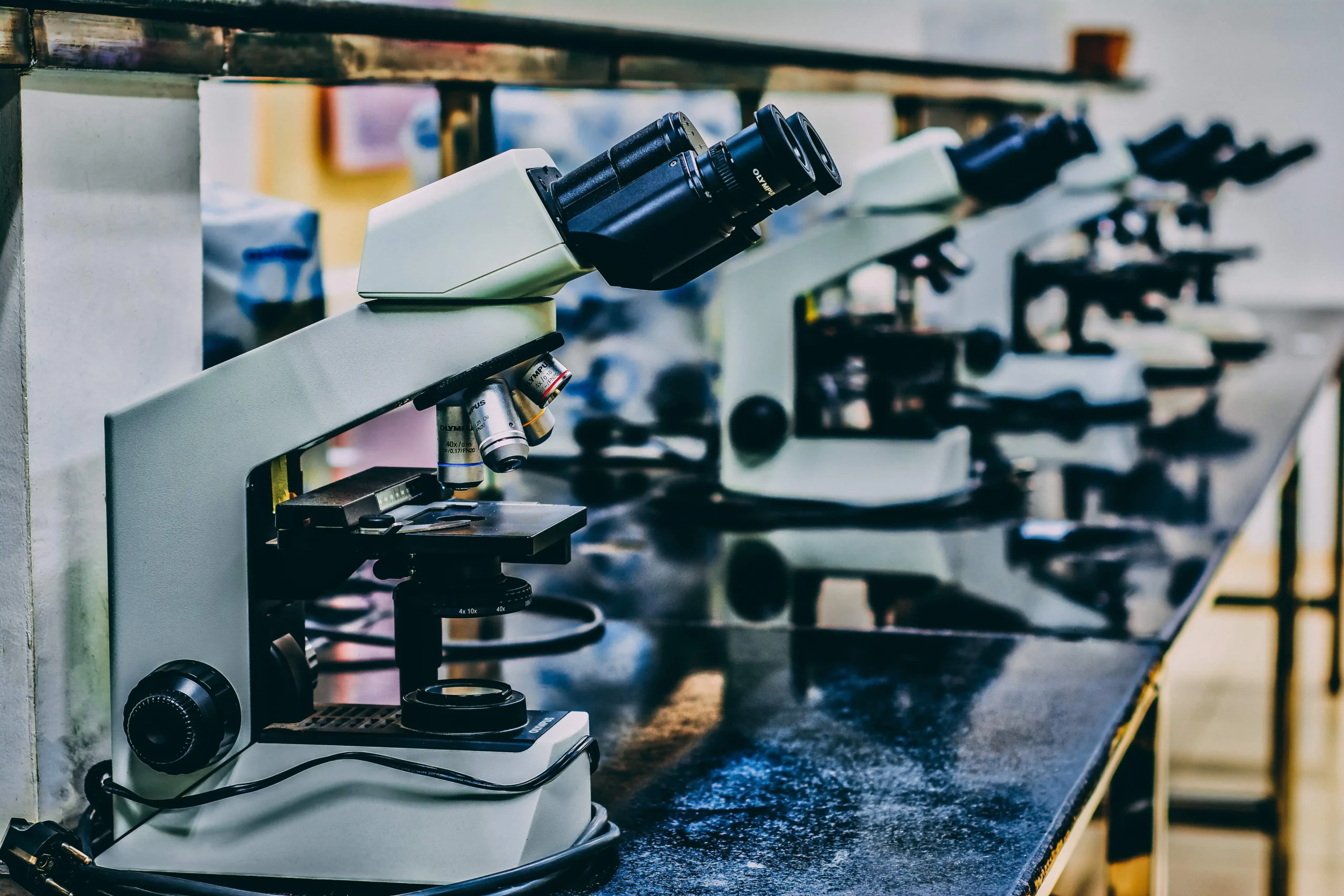Employing institution: Centro de Investigação em Saúde de Angola (CISA), Angola
Host institution: Instituto de Higiene e Medicina Tropical (IHMT), Universidade NOVA de Lisboa (UNL), Portugal
Project title: Bioinformatics framework to understand the dissemination of viral EIDs in Angola.
Dr Sebastião is an Angolan researcher at CISA and INIS where he has been since 2020. He received his Ph.D. in biomedicine from NMS|FCM of the Universidade Nova de Lisboa (UNL) in 2021. He participated as a postdoctoral fellow in the ENVOLVE Ciência PALOP programwhere he was part of the HIV/AIDS and bioinformatics laboratory.
His current research project explores viral and hosts factors related to HIV-1 infection in Angola. Also, he has developed projects in molecular epidemiology of emerging infectious diseases in Angola.
AREF Fellowship:
Nucleotide sequence data of fast-evolving viral emerging infectious diseases (EIDs) has been shown to be an important resource for surveillance, given its fast accumulation of genetic diversity, which allows for follow-up its dissemination in real-time. Therefore, our understanding of evolutionary and molecular epidemiological events of EIDs helps to better understand the processes governing its emergence and dissemination and to guide more effective surveillance and prevention strategies.
This fellowship intends to develop and automate a framework to analyse nucleotide sequences generated by sanger or next-generation sequencing (NGS) techniques in the context of surveillance of EIDs. Such framework will include methods for sequence quality control, multiple sequence alignment, visualisation and manual editing of sequences, phylogenetic reconstruction, and identification of mutations that pose a threat to public health.
Halting the dissemination of EIDs is a tremendous challenge that requires intense research and surveillance efforts, particularly in resource-limited countries. This fellowship plan intends to implement an optimised bioinformatics framework to study the evolution and molecular epidemiology of fast-evolving viral EIDs in Angola. Specifically, Dr Sebastião intends to develop and automate a framework to analyse nucleotide sequences generated by sanger or next-generation sequencing (NGS) techniques in the context of surveillance of EIDs.
“By the end of this fellowship plan, I will have grown as a researcher, able to develop faster and more effective bioinformatic analyses in Angola.”



